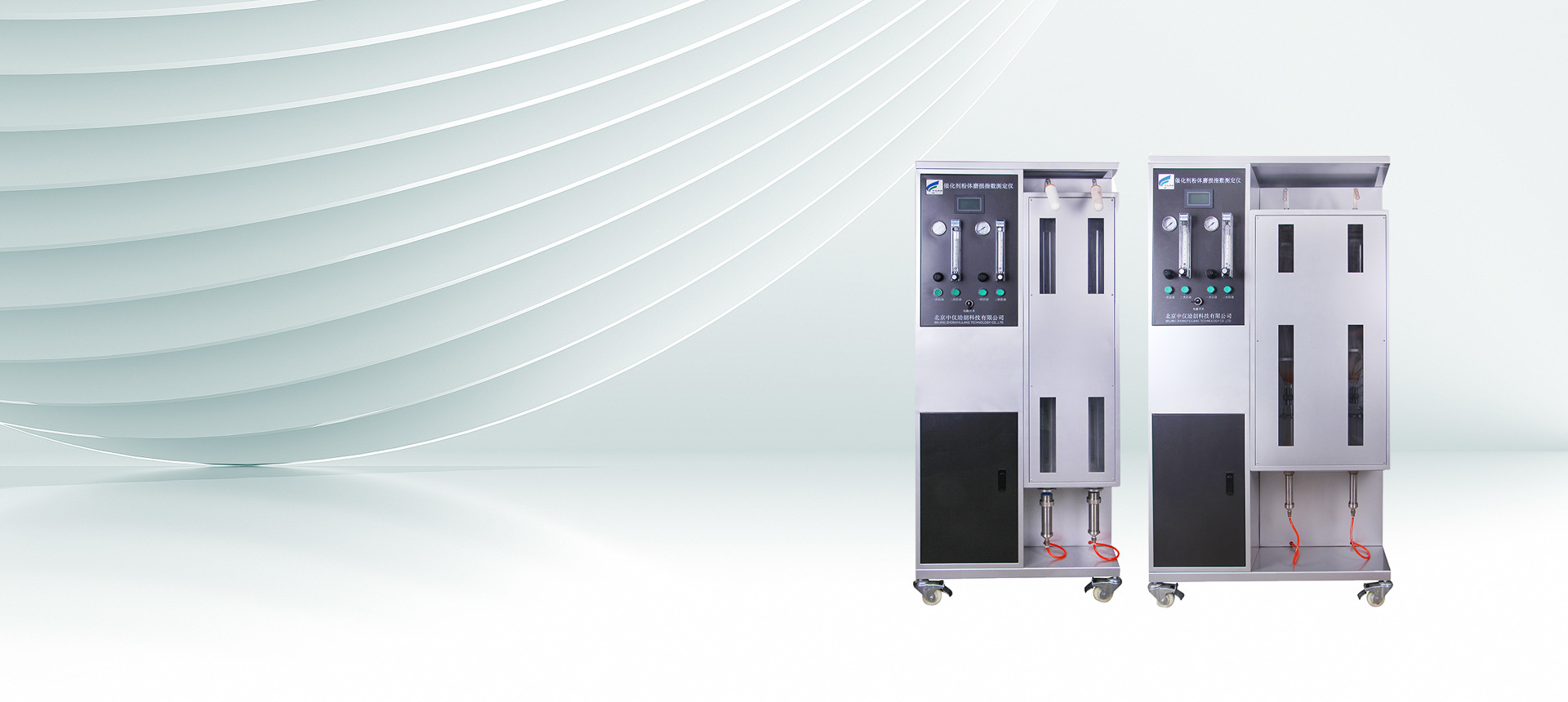The Essential Role of Calcined Petroleum Coke Purification in Industrial Applications
May 26,2025

The Essential Role of Calcined Petroleum Coke Purification in Industrial Applications
Table of Contents
- 1. Introduction to Calcined Petroleum Coke
- 2. Importance of Purification in Industrial Processes
- 3. Key Industrial Applications of Calcined Petroleum Coke
- 4. Purification Methods for Calcined Petroleum Coke
- 5. Benefits of High-Quality Purified Calcined Petroleum Coke
- 6. Environmental Considerations in Purification Processes
- 7. Future Trends in Calcined Petroleum Coke Purification
- 8. Conclusion
- 9. FAQs
1. Introduction to Calcined Petroleum Coke
Calcined petroleum coke (CPC) is a high-carbon material produced by the thermal treatment of green petroleum coke. This process removes impurities and increases the carbon content, making CPC an essential ingredient for various industrial applications. With a high resistance to heat and electrical conductivity, calcined petroleum coke is utilized in the manufacture of anodes for aluminum production, in the production of steel, and in other applications requiring high-quality carbon materials.
2. Importance of Purification in Industrial Processes
Purification plays a crucial role in enhancing the quality and performance of calcined petroleum coke. Impurities such as sulfur, nitrogen, and metals can negatively impact the efficiency of industrial processes. By ensuring that these contaminants are effectively removed, industries can achieve higher yield rates, improved product quality, and reduced environmental impact.
2.1 Enhancing Product Quality
The purification process elevates the quality of calcined petroleum coke, making it suitable for high-demand applications. Industries rely on high-purity CPC to ensure that their end products meet stringent quality standards.
2.2 Improving Operational Efficiency
Using purified calcined petroleum coke can lead to a reduction in operational disruptions. Equipment longevity is enhanced, and the frequency of maintenance required is minimized, leading to increased productivity.
3. Key Industrial Applications of Calcined Petroleum Coke
Calcined petroleum coke is indispensable across various sectors, including:
3.1 Aluminum Production
CPC is primarily used in the production of anodes for aluminum smelting. The purity of CPC directly affects the efficiency of the electrolysis process, making purification essential.
3.2 Steel Manufacturing
In steelmaking, calcined petroleum coke serves as a carbon source. The quality of CPC impacts the carbon content in steel, influencing its strength and durability.
3.3 Battery Production
High-purity CPC is also used in the production of batteries, particularly in lithium-ion and lead-acid batteries. The electrical conductivity and thermal stability of CPC enhance battery performance and lifespan.
3.4 Other Industrial Uses
Calcined petroleum coke is utilized in the production of electrodes, carbon brushes, and as a filler in various products, showcasing its versatility across multiple industries.
4. Purification Methods for Calcined Petroleum Coke
Several methods are employed to purify calcined petroleum coke, ensuring the removal of undesirable impurities.
4.1 Thermal Treatment
Thermal treatment involves heating CPC to high temperatures to drive off impurities. This method is effective in reducing sulfur and nitrogen content.
4.2 Chemical Treatment
Chemical purification techniques employ various reagents to react with impurities, facilitating their removal. This method can be tailored to target specific contaminants.
4.3 Advanced Filtration Technologies
Innovations in filtration technologies, such as membrane filtration, offer precise removal of particles and contaminants at the molecular level, ensuring the production of high-quality CPC.
5. Benefits of High-Quality Purified Calcined Petroleum Coke
Investing in high-quality purified calcined petroleum coke offers numerous advantages for industrial applications.
5.1 Enhanced Performance
Purified CPC enhances performance characteristics, leading to better operational outcomes in aluminum production and steel manufacturing.
5.2 Cost Efficiency
Although the initial investment in purification methods may be significant, the long-term benefits in reduced maintenance costs and increased efficiency provide substantial cost savings.
5.3 Environmental Compliance
Using high-quality purified CPC helps industries comply with environmental regulations, reducing harmful emissions associated with impurities.
6. Environmental Considerations in Purification Processes
The purification of calcined petroleum coke is not only essential for product quality but also for minimizing environmental impact.
6.1 Reducing Emissions
Purification processes that effectively remove sulfur and other contaminants contribute to lower emissions during the utilization of CPC in industrial applications.
6.2 Sustainable Practices
Adopting advanced purification technologies aligns with sustainability goals, promoting greener manufacturing practices in the industry.
7. Future Trends in Calcined Petroleum Coke Purification
As industries evolve, so do the technologies and methods employed in the purification of calcined petroleum coke.
7.1 Adoption of Eco-Friendly Technologies
There is a growing trend towards adopting eco-friendly purification methods that minimize environmental impact while maximizing efficiency.
7.2 Integration of AI and Automation
The integration of artificial intelligence and automation in purification processes is expected to enhance efficiency, allowing for real-time monitoring and adjustments to improve quality.
8. Conclusion
Calcined petroleum coke purification is a critical aspect of industrial applications, directly influencing product quality and operational efficiency. By understanding the importance of purification methods, industries can optimize their processes and ensure compliance with environmental regulations. As technology continues to advance, the future of calcined petroleum coke purification looks promising, paving the way for more efficient and sustainable industrial practices.
9. FAQs
1. What is calcined petroleum coke used for?
Calcined petroleum coke is primarily used in aluminum production, steel manufacturing, battery production, and various industrial applications requiring high-quality carbon materials.
2. Why is purification necessary for calcined petroleum coke?
Purification is necessary to remove impurities that can adversely affect the quality and performance of calcined petroleum coke in industrial processes.
3. What are the common methods of purifying calcined petroleum coke?
Common methods include thermal treatment, chemical treatment, and advanced filtration technologies.
4. How does high-quality CPC impact industrial applications?
High-quality CPC enhances product quality, improves operational efficiency, and helps comply with environmental regulations.
5. What are the future trends in calcined petroleum coke purification?
Future trends include the adoption of eco-friendly technologies and the integration of AI and automation to enhance purification processes.
PREVIOUS:
Contact Us








